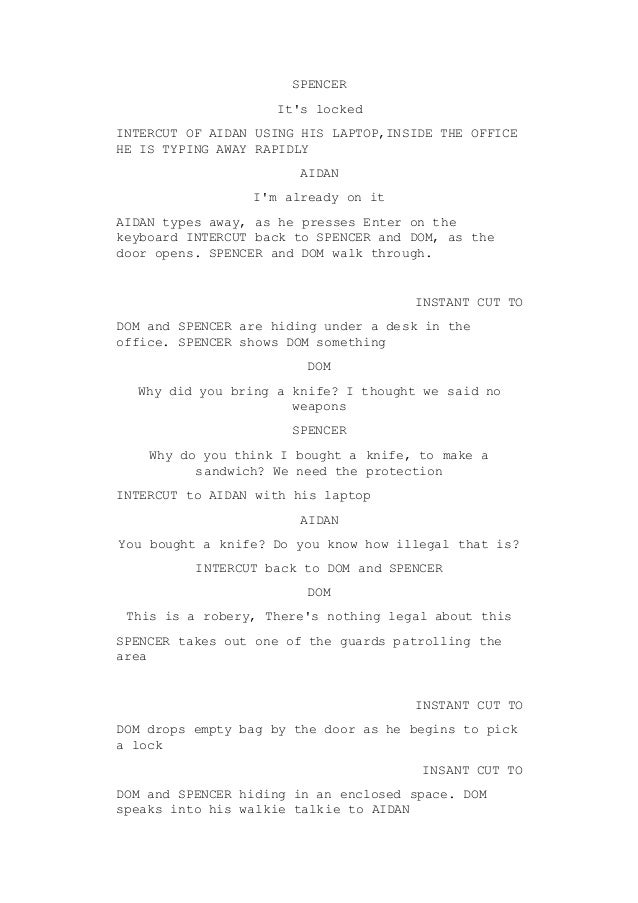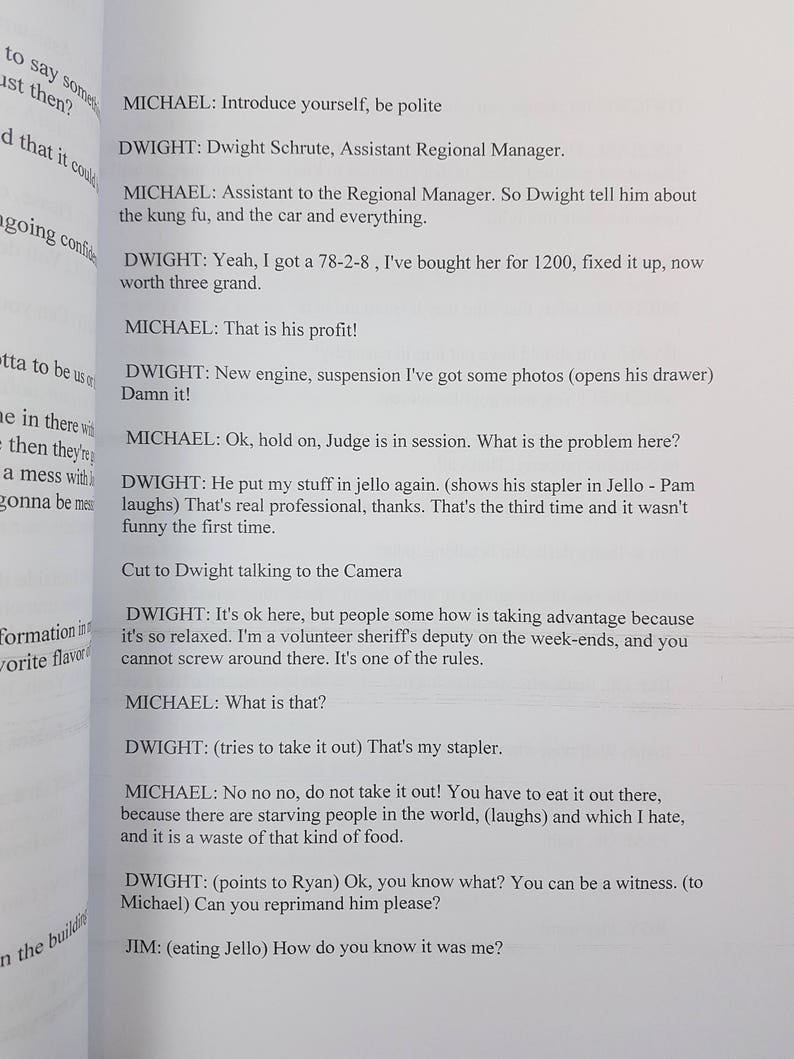

I don't think the president fully understood all of the implications of what he was doing. I felt there was obstruction from the Defense Department.

But I have to say, it was a very disappointing process we went through. It was not functioning in the same way as any of the three previous presidents I had worked for.Īnd the very first thing that I encountered on my opening day was, of course, the chemical weapons attack by the Syrian government against innocent civilians in Syria. What did you think of the job he was doing up to that point?īOLTON: Well, I could see even before my first day, when I would go over to talk to Trump and others that this was not like a White House I had ever seen before. You watched his first 15 months in office.

You supported Donald Trump during the 2016 election. And decisions are made in a very scatter shot fashion, especially in the potentially mortal field of national security policy.

But there's no coherent basis, no strategy, no philosophy. It plays a role in every aspect of decision making in the executive branch. Now, look, you can't take the politics out of politics. There really isn't any guiding principle - that I was able to discern other than- what's good for Donald Trump's reelection. RADDATZ: So why wouldn't President Trump want to know about those facts?īOLTON: Because I think it shows a pattern quite contrary to the image he would like to convey, of a decisive president who knows something about what he's doing. But the main purpose is to lay out facts, let people read the book, and they can make up their own mind. I obviously have conclusions and thoughts of my own in the book. And I think these are things the American people need to know about. This is not a conservative administration nor is policy made in a coherent, competent way. And I think what it shows is a couple things: number one that foreign policy and defense policy are not motivated by philosophy, grand strategy or policy.


 0 kommentar(er)
0 kommentar(er)
